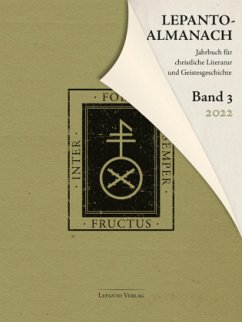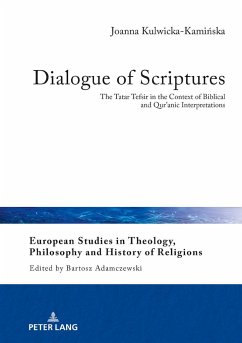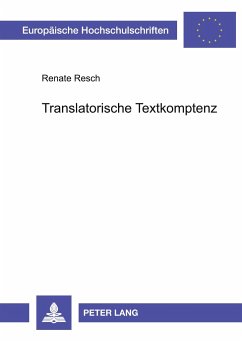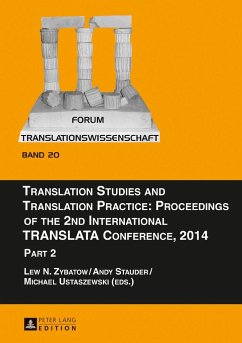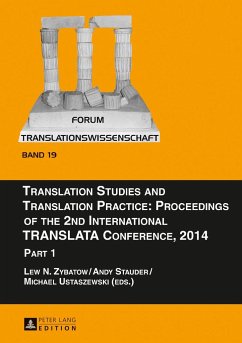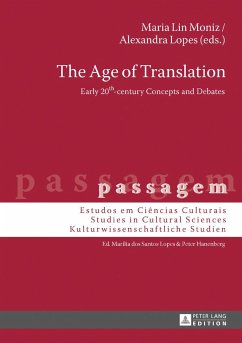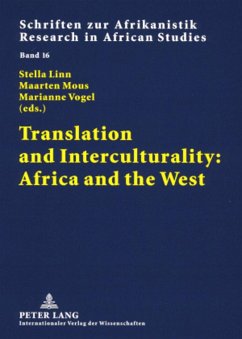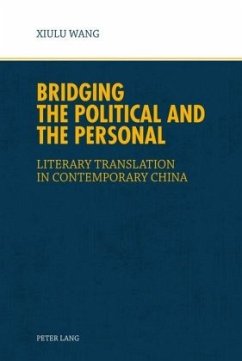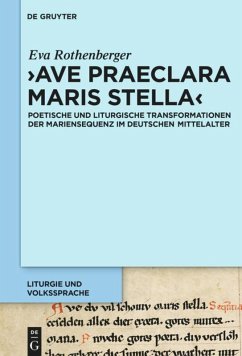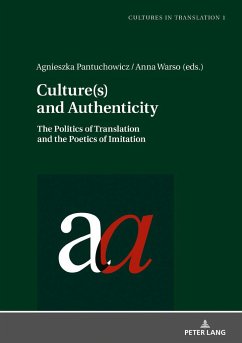
The Translation of Religious Texts in the Middle Ages
Tracts and Rules, Hymns and Saints' Lives
Versandkostenfrei!
Versandfertig in 6-10 Tagen
138,05 €
inkl. MwSt.

PAYBACK Punkte
0 °P sammeln!
The transition from Latin to vernacular languages in the late Middle Ages and the dramatic rise of a new readership produced a huge bulk of translations, particularly of religious literature in its various genres. The solutions are so multifarious that they defy any attempt to outline general theories. This is particularly visible when the same text is translated or rewritten at different times and in different languages or genres. Through a minute analysis of texts this book aims at highlighting lexical, syntactic and stylistic choices dictated not only by the source but also by new readers ...
The transition from Latin to vernacular languages in the late Middle Ages and the dramatic rise of a new readership produced a huge bulk of translations, particularly of religious literature in its various genres. The solutions are so multifarious that they defy any attempt to outline general theories. This is particularly visible when the same text is translated or rewritten at different times and in different languages or genres.
Through a minute analysis of texts this book aims at highlighting lexical, syntactic and stylistic choices dictated not only by the source but also by new readers and patrons, or by new destinations of the works. Established categories such as 'literalness' and 'fidelity' are thus questioned and integrated with these other factors which, while being more 'external', do nonetheless impinge on the very idea of 'translation', and consequently on its assessment. Far from being a mere transfer from one language to another, a medieval translation verges on a form of creative writing, and as such its study becomes a fascinating investigation into the very process of textual production.
Through a minute analysis of texts this book aims at highlighting lexical, syntactic and stylistic choices dictated not only by the source but also by new readers and patrons, or by new destinations of the works. Established categories such as 'literalness' and 'fidelity' are thus questioned and integrated with these other factors which, while being more 'external', do nonetheless impinge on the very idea of 'translation', and consequently on its assessment. Far from being a mere transfer from one language to another, a medieval translation verges on a form of creative writing, and as such its study becomes a fascinating investigation into the very process of textual production.



